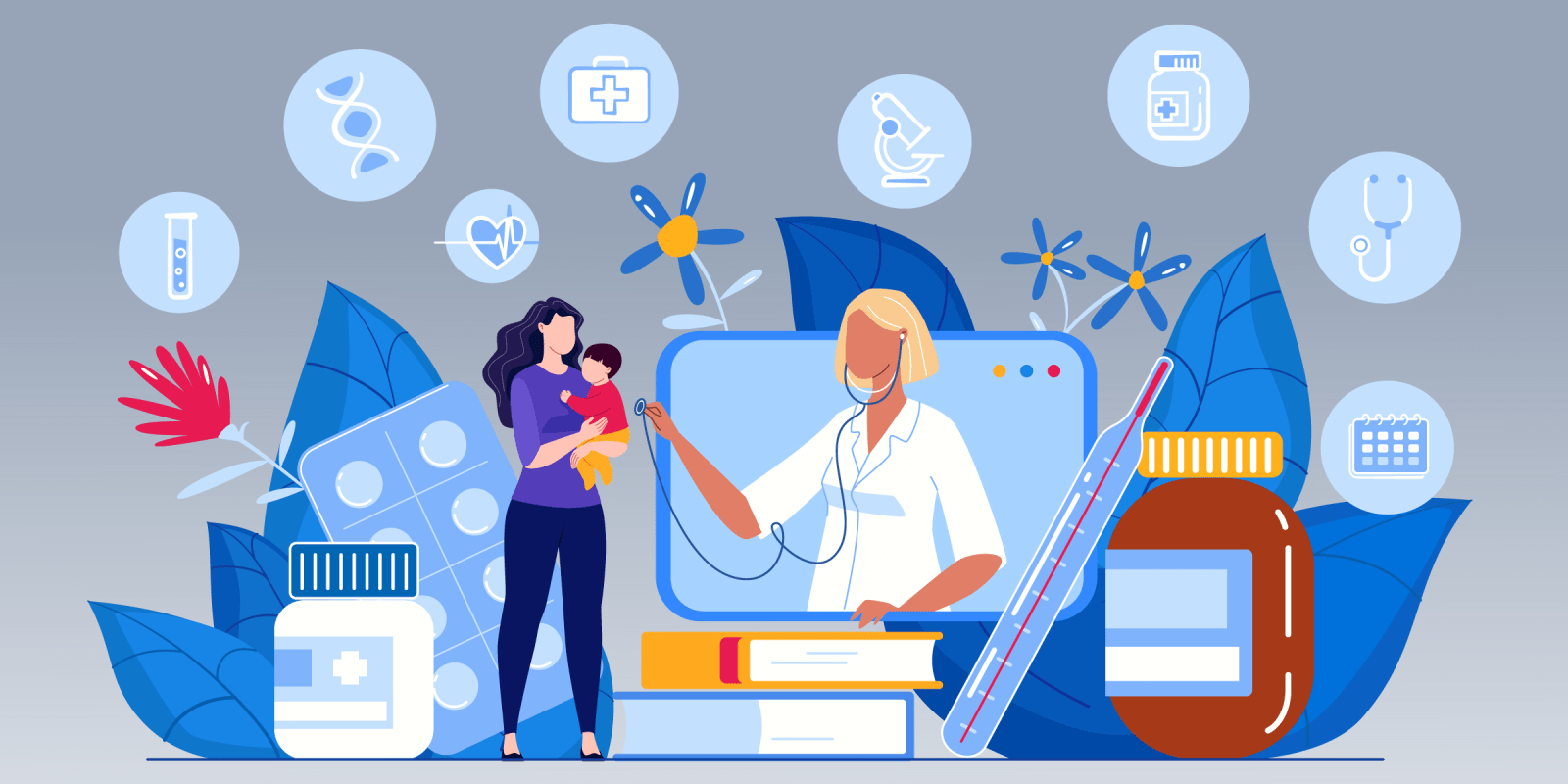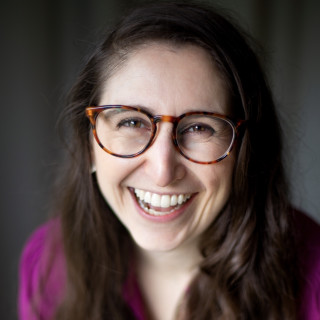In the before times, we thought the biggest showdown of 2020 would be about scheduling templates.
The argument was something like this: you need billable visits to keep the lights on, and if your scheduled patients don’t show, then you need to add more same-day and next-day visit slots because when people call, they want to be seen as quickly as possible.
The rebuttal goes something like this: Agree that when people make visits too far in advance they are more likely to not show up. Agree that some things, like colds and rashes, often need clinical attention quickly. But if nobody is able to really assess why someone needs a same-day or next-day visit, it means I’m seeing someone who's got uncontrolled diabetes and lost care for two years, who used to see my colleague who has an opening next week, as an overbook today. Now I’m 20, 30, 40 minutes behind because this patient decided to call today and we had to get the schedule as full as possible? It just feels disrespectful to the people who scheduled two weeks ago and showed up on time.
Are we ready to sacrifice relationships for convenience? Is this a family medicine practice or an urgent care center?
As a provider and a patient, I have a lot of gratitude for ER and urgent care staff. Sometimes, it really can’t, and shouldn’t, wait.
But family medicine still exists because I believe most people want to have a health care connection. They want to know their clinicians' names, and they appreciate that we remember that time six months ago when they had a cold like this one, or that we have written down the details about how their last Pap smear was abnormal, and that we keep track of when their next Pap is due.
Not everyone feels this way. Many of my peers outside of clinic see health care as a service, like a shared ride or a meal delivery: take me from A to B, bring me a pizza, write me a cream, and get rid of this rash because most of the time, “I’m healthy.” There’s nothing relational about these interactions, and when done well, the most fitting superlative is “efficient.”
At times, I feel like a young woman yearning for yesteryear. Gone are the days of home visits and getting holiday cards from your patients. Give the people what they want. Adapt or die.
Then, March happened. COVID-19 happened. A stay-at-home order in Chicago, where I live and work, happened. For 10 weeks, the city held its breath and hunkered down. A few of us kept going to work.
In those weeks, some of the care transitioned online. The experience helped refine my clinical practice — pushing me to stay focused on a clear concise HPI, because most of these people I planned to keep home as much as possible for as long as possible. Those 10 weeks have made me more confident in my ability to assess who needs to be here, now, and who can be managed remotely, with support. It turns out a lot of people can be managed remotely, but patients were calling for the thing I had been preaching to silence about weeks before: support.
Support to say, “I know you, and you’ve been through tough things before. We can do this, together, apart.” Support to say, “I hear you say your chest is feeling tight — does this feel like the panic we processed last year, or something else?”
At the moment our city asked us to isolate, people were calling and asking to talk to their PCP. “Their PCP,” the possessive, the relational, the modifier that says, “not anyone or the next available — I need you.” All that work I had been putting in to develop trust and relationships felt affirmed in a way I had not anticipated.
Every rose has its thorns. Now, more than six months into pandemic family medicine, I find myself in a bind I hadn’t anticipated. My schedules are full. Bursting with fullness. With telemedicine, people don’t need to take a day off of work or arrange childcare — they just click on a link in a text message and find a quiet, private place to talk. Health care works just fine in an auto shop stockroom, someone’s bathroom, car interiors. I sold enough people on my vision of health care as a team sport that my inbox often balloons with messages from patients hoping I can squeeze them in. Now, as I scan the name and the details, I often think, “This doesn’t need me in a week, it needs someone in the practice, now.”
The patients sometimes balk. “Why do I have to see this person? Why can’t I see you?”
The answer is short: this mastitis/ UTI/ vaginal bleeding shouldn’t wait a week. You need it evaluated now. They don’t need to know your cat’s name, they need to make sure you’re not septic.
The answer is also long: Remember when you used to wait 40 minutes in the waiting room to see me? That’s simply not OK any more. I value our relationship, but I also want to honor the time and the safety of people who have scheduled appointments. More, the intensity of the past few months has shown me the real dangers of burnout, and that boundaries are part of any loving relationship. I want to see you, and I will see you for a follow-up, but today is already full.
It used to seem so binary: relationships or convenience, what will it be? Now, it feels like much more of a spectrum — sometimes we just need care now, and sometimes, we just need to lean on someone we trust. Most of the time, however, it’s both/and. Finding the right balance feels awkward and imperfect. I hope my patients see my humanity as we navigate our new normal…perhaps just for now.
Dana Kroop is a family NP based in Chicago, Illinois. Originally trained in the history and philosophy of science at University of Chicago and Cambridge University, she spent her first professional years working in education at The Field Museum of Natural History. Driven to use science communication to best empower individuals, she then decided to become a family NP, training at the University of Illinois under a HRSA funded ANEE Traineeship, and then completing her post-graduate residency at Community Health Center, Inc. Dana is a bilingual Spanish speaker and currently works at a Federally Qualified Health Center on Chicago's West Side. She is a 2020–2021 Doximity Op-Med Fellow.
Click here to see more perspectives on COVID-19 from the Doximity network.
Click here for up-to-date news about COVID-19 on Doximity.







